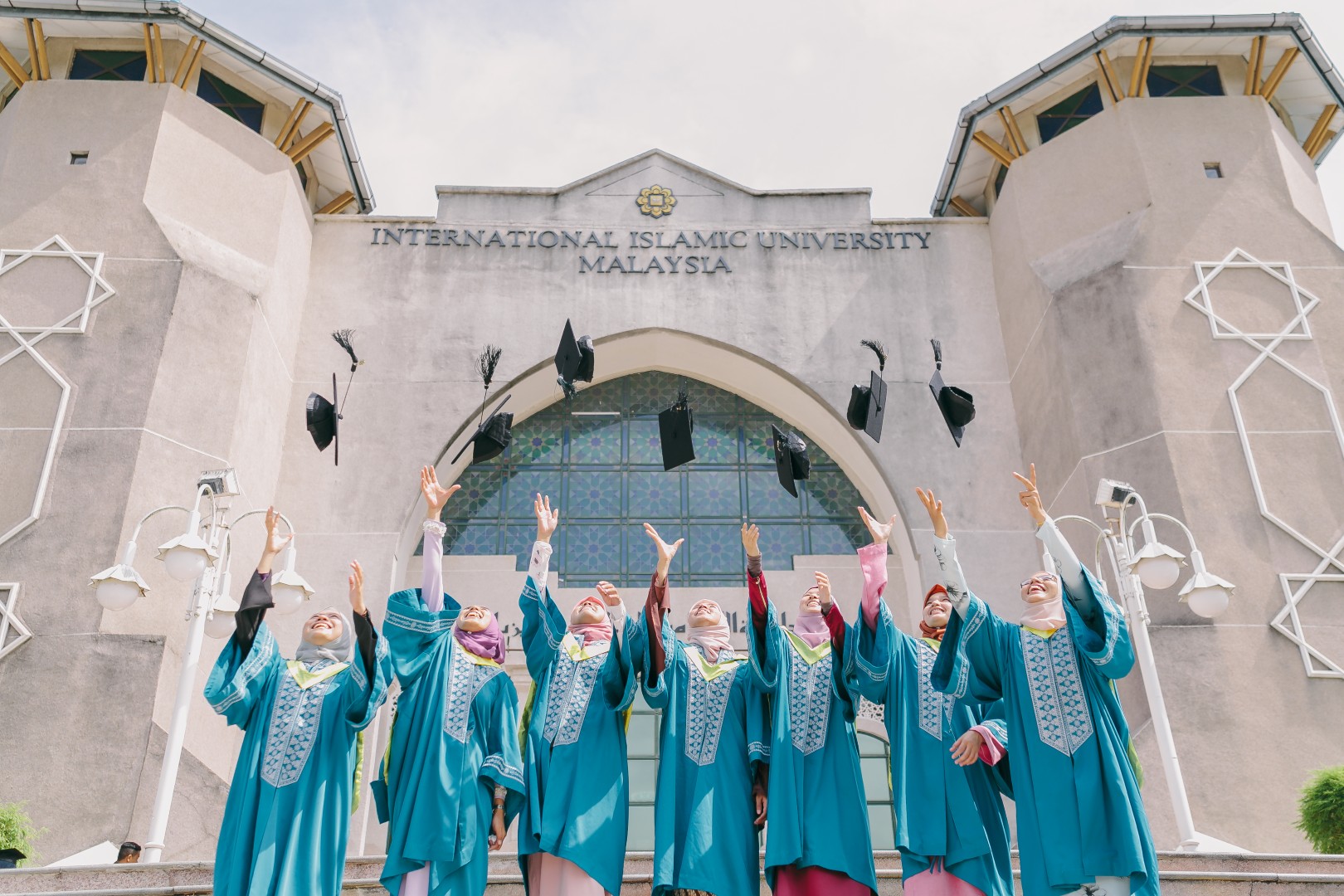By Shukran Abd Rahman
As I was entering the campus last week, it dawned on me that we are already in the last ten days of 2020, a few days away from the new year 2021.
My thought quickly pushed me to think of January 2021 and in fact the whole year of 2021, and even a new decade. The year 2020 has posed us with challenging and changing scenarios in the history of our life due to the COVID-19 pandemic.
Like other sectors, the education system including at higher education level has been severely affected. The pandemic has required us to adjust the way we think, manoeuvre the way we feel, and change the way we behave or perform our work.
We have made several adjustments on the way we conduct work and perform our core businesses. We have tried our best to act quickly, sensibly, decisively and wisely so as to be creative in handling work processes.
In retrospect, we wish to look back at what we have been doing since 2019 when we anchored our core activities on an imperative statement that read: Positioning KIRKHS For Sustainable Development Goals; From Campus to The Community, being aware that the Kulliyyah has to enhance her connection with the community in order to realise her main functions as stated in the Kulliyyahs mission; and as enshrined in the IIUM missions.
The activities in 2019 witnessed various coordinated community engagement involving a good number of academics and students as well as external parties. The academics have responded and participated in teaching, research, services and publication activities conducted throughout the year, under the umbrella project known as the “Gombak Project”.
Despite their involvement, some are of the view that the initiatives were not epitomising the missions of the University as they regarded them as service-orientated activities devoid of academic values. Hence, the structure of activities have been augmented to emphasise the need on nurturing the right understanding among KIRKHS Community of the concept of University Community Engagement (UCE).
The Kulliyyahs strategies in 2020 have therefore been designed to enhance the academic and students understanding on the concept of UCE, styled in the “2020 Imperative Statement – Nurturing Community-Orientated Holistic Scholars and Students for Sustainable Futures”.
As academics and students in KIRKHS, we should be ready to stay true in playing our functions as academics and students, especially in accomplishing the tasks to generate knowledge (through research), disseminate knowledge (via publication, teaching, services), and acquire knowledge (through learning).
These are the core activities of a university which should continue to take place, including during the pandemic time. We should be ready to adopt new work practices so as to accomplish our tasks and responsibilities. This includes us to adjust the teaching approaches and learning styles, accept the recommended changes in teaching and learning approaches (as well as other activities); and strategise effective ways to accomplish other academic activities.
We have to ensure that students have a good extent of opportunities to attain the course learning outcomes, and subsequently, the programme learning outcomes, through the altered teaching and learning processes. We should also continue the agenda to nurture academics and students ability to undertake community-orientated academic activities.
The pandemic, for one, has been pushing us to adjust the way we perform our everyday duties. Despite the challenging patterns of work processes, we have been committed to staying true to our functions as academics and students.
Let us continue to rise up to the challenges that lie ahead in 2021 by preparing ourselves and supporting our colleagues, students, and the community for the challenges. The pandemic has exposed us to many new norms and work behaviours, some could potentially stay as new work behaviours.
The pandemic may cause us to continue with the altered work condition in a rather long period of time before we could resume our regular norms. The adjustment we make may also perpetuate to be new norms, culture and work practices in months or years to come.
That said, we have to be more creative in substantiating our work to enhance the capacity to meaningfully accomplish our functions and our Universitys missions.
We need to ensure that the students who enrol in our Kulliyyah can continue to experience good learning processes; academics can maintain their research and publication, and the Kulliyyah can carry on their engagement with the community via her students and academics community-oriented activities.
Perhaps our imperative statement for the year 2021, for lack of a better line, could be written as “Relevantising KIRKHS Ethos in the new Zeitgeist”. ***
(The writer, Prof. Dr. Shukran Abd Rahman, is the Dean of Kulliyyah of Islamic Revealed Knowledge and Human Sciences, IIUM)
